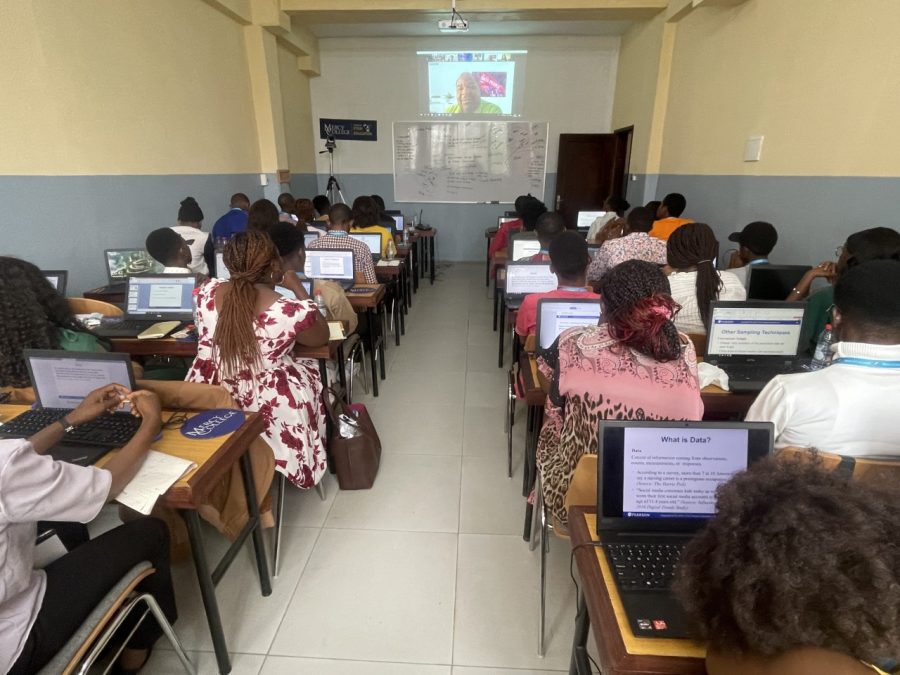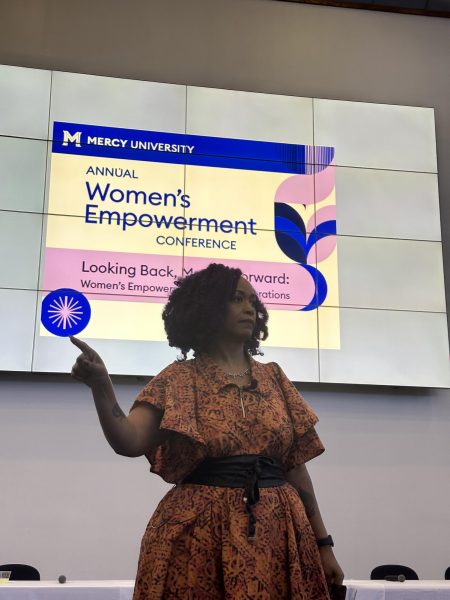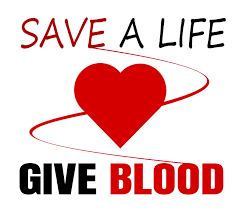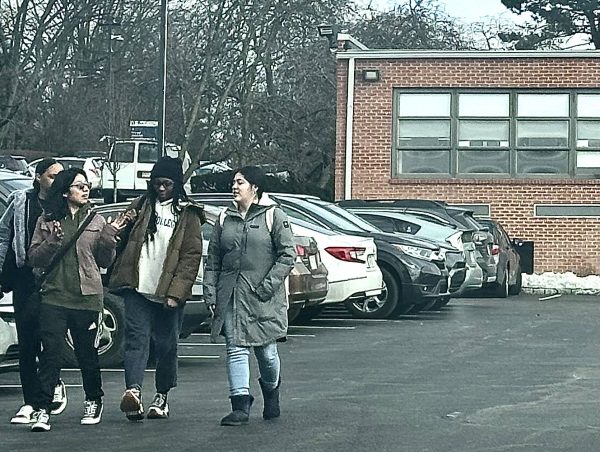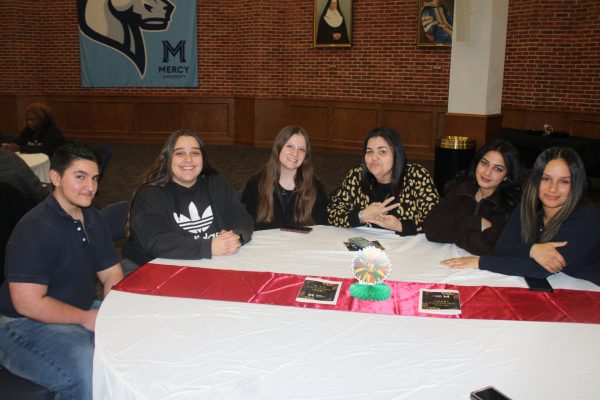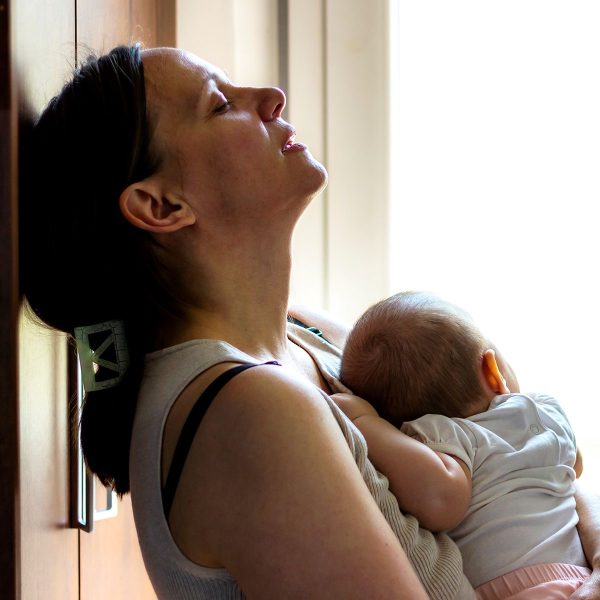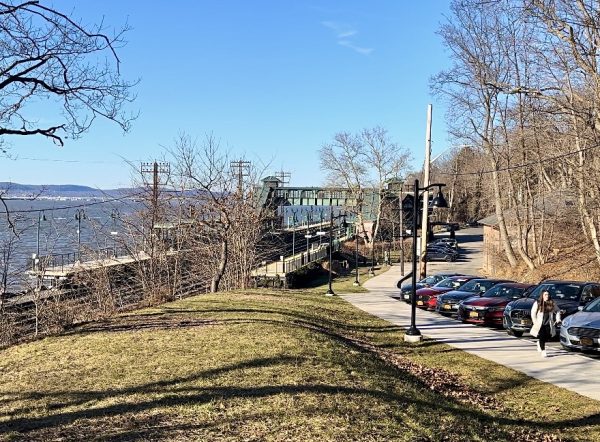The Weapon of Knowledge
PAHE Initiative began by Mercy professor hopes to create opportunity in Africa
For centuries now, Africa has been looked at as a source of extraction and exportation of natural resources. But recently, there’s been a powerful shift and perceptions have changed. People are starting to see Africa for more than its physical possessions. There is more in the world than material goods.
Education is the greatest gift one can give to young people, and no one understands that better than the Pan-African Higher Education Initiative (PAHEi).
PAHEi is a not-for-profit organization created in 2021 to further educate African individuals to prepare them for future leadership.
“The future of work is going to be coming predominantly from Africa,” stated Victor Petenkemani, PAHEi’s president and co-founder in a sit-down conversation. “Education is the best conduct.”
Petenkemani, who’s an Associate Dean and Assistant Professor at Mercy College’s School of Business, had the concept of PAHEi since 2015. But it wasn’t until a few years later when plans started to formulate that PAHEi began to exist.
Few understand the weapon of knowledge, but Petenkemani more than acknowledges it. Born and raised in Cameroon, Petenkemani has a high education from America and France.
With the help of professionals all around the world, PAHEi has been able to reach out to individuals with the goal of bettering themselves for their future. Combined, PAHEi’s team has over 70+ years of professional experience in the world.
The goal is to transform the continent’s youth. Research shows on average 62 percent of Sub-Saharan Africa’s population is below the age of 24. With other countries like China and the United States averaging around 30 percent, it’s clear where the youth is.
“The world is getting older, while Africa is getting younger.”
With the majority of the African population under 25, there are more opportunities for them to break into the business industry.
And PAHEi recognizes that. But without the proper tools and guidance, it is extremely hard.
He feels that Africa is turning into a top market and it would be nonsensical for investors not to take advantage of this. And that is what PAHEi understands. The youth of today are the key to the future, and if properly educated, could eventually guide the world.
This idea is further highlighted on their official website. PAHEi states that the organization’s three values are: wisdom, excellence, and transformation.
Africa is not understood by many. Africa has been overlooked. Many want education beyond high school but there are not enough universities.
“Our main goal is to support capacity building to improve Africans’ access to quality education,” states their website.
Although they faced the unavoidable challenge of obscurity, they are not worried.
Within the year that they have been in action, $70,000 was already raised. As a non-profit, PAHEi relies heavily on donations, so this money was put to great use.
This summer, PAHEi launched a Summer Bridge program along with Mercy College in Yaoundé and Douala with the specific focus of learning through an America University perspective. The summer program focused on STEM as a field, focusing on being a data professional.
They intend to make PAHEi a competitive program, which is why out of the 400 applicants who applied, only 80 were accepted. Though it is also designed to be affordable, the program only costs $120 for one week of learning.
“These are transitional programs for upper-level students in high school soon to be entering their first year of university. They are highly selective and allow high school Upper-Level students to gain exposure to an American university experience and learn the basics for a career as a data professional.”
The Summer Bridge program is intended to be a yearly program. The partnership with Mercy College came easily. Mercy’s mission is to serve the underserved. That is what PAHEi is trying to do. There is a great demand for more education systems in Africa but not enough supply.
With a mixture of African-born, like-minded individuals with an understanding of the continent paired with American-born, like-minded individuals, with an understanding of education, they seam together effortlessly.
The way of teaching is similar as well.
Petenkemani recounted some encounters with students in the program. Many said they haven’t experienced this in their lifetime. Students said, “We have never met faculty who cared.”
PAHEi is also focusing on creating remote internship opportunities for some of the summer bridge cohorts.
There is still a long way to go. PAHEi’s goal will never be finished. As long as people are willing to learn, there are people willing to teach.
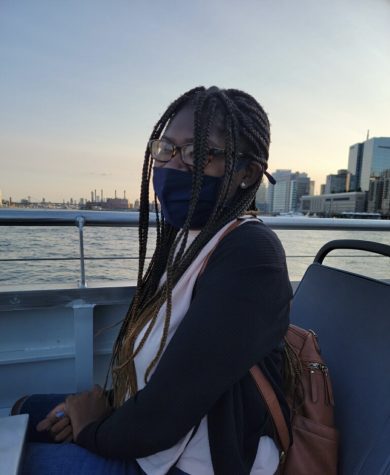
Diannah Plaisir is currently a senior at Mercy College, pursuing a degree in Media/Communications. Having decided that she was going to be a journalist...



